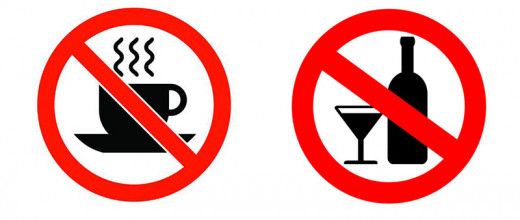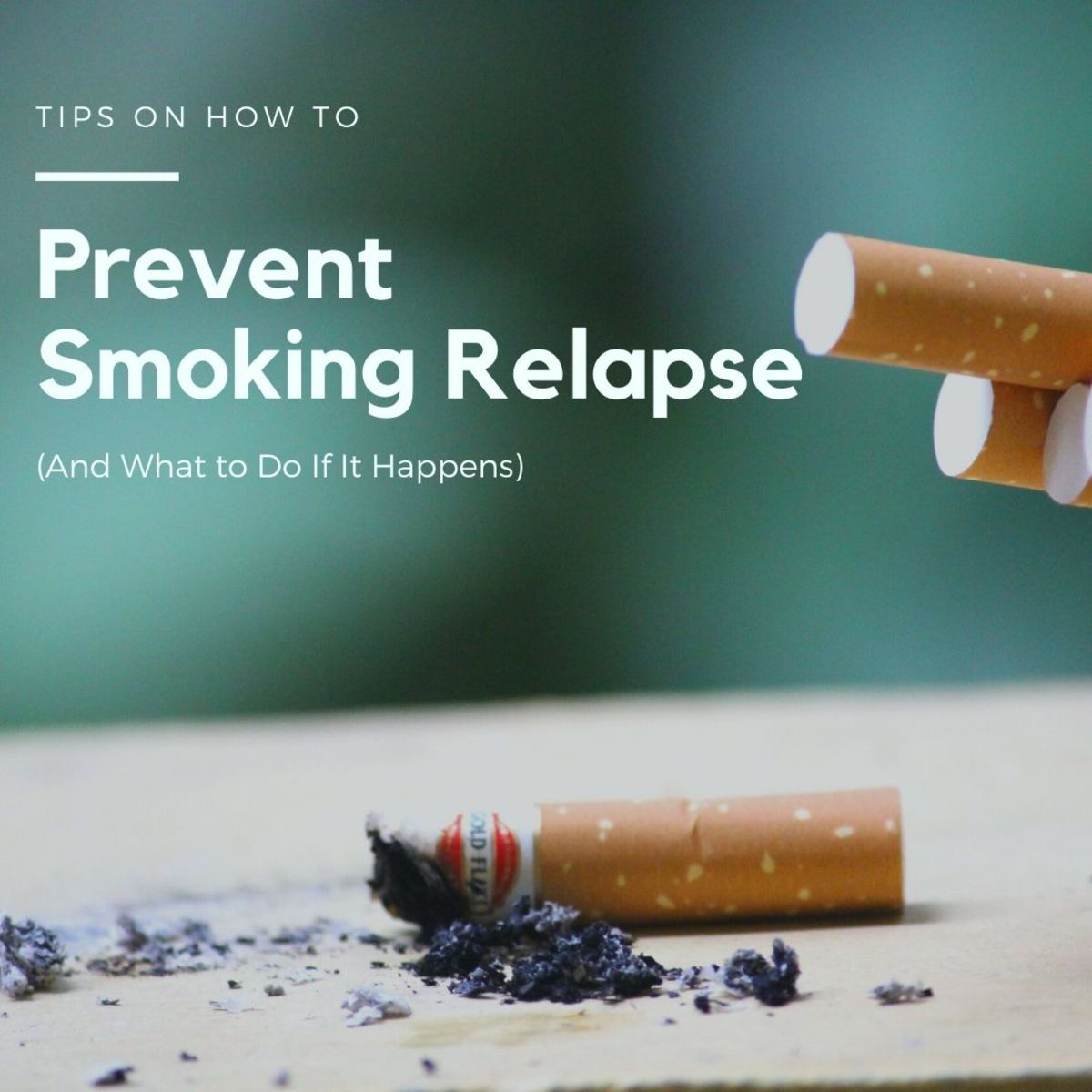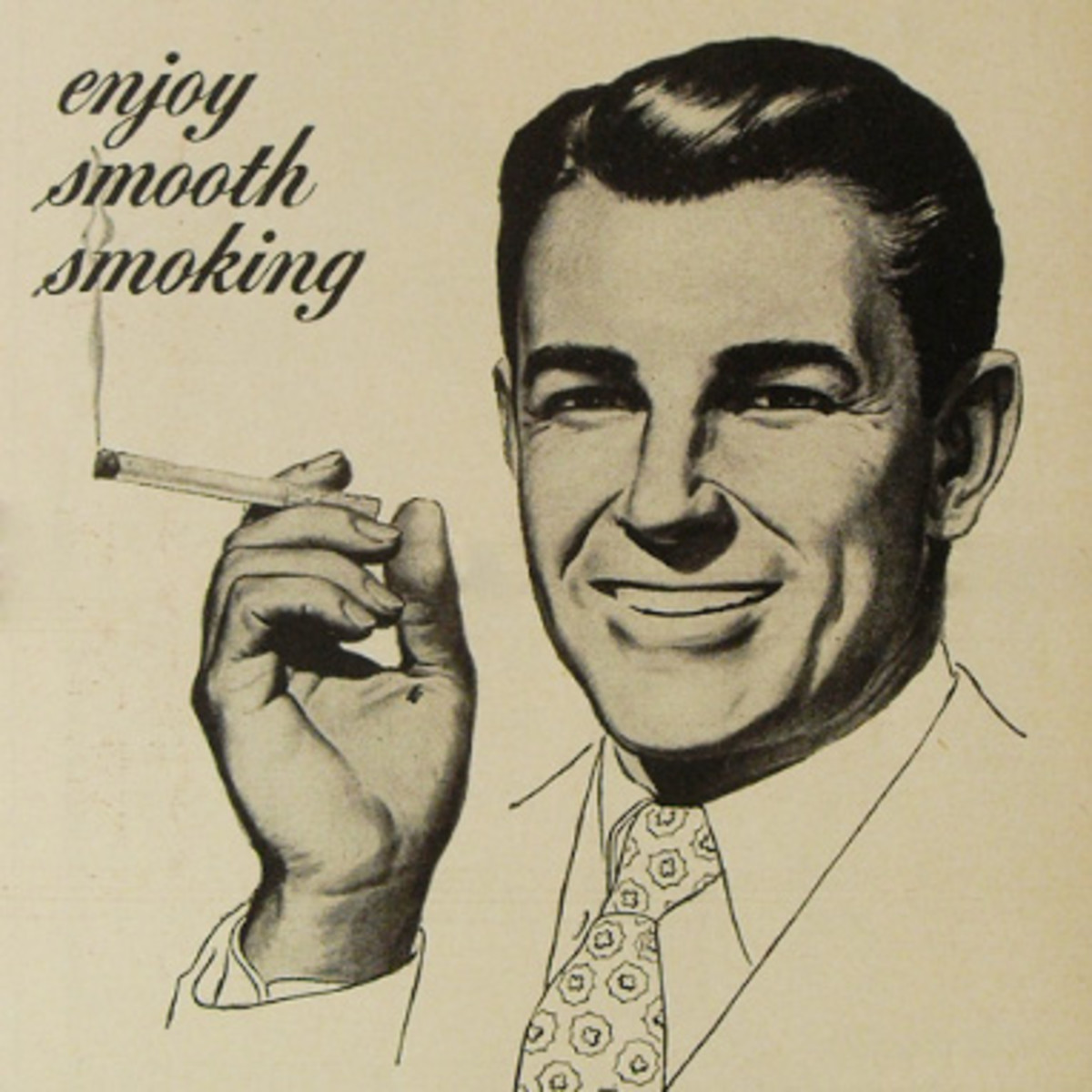How to Quit Smoking

12 Simple to use strategies that will help you to quit smoking.
The advantages to quit smoking are very numerous, but undoubtedly, the improvement of health status is the most important. Although many people are aware of the beneficial effects of quitting smoking, it is still difficult for them to try the "big transformation". In such situations, a predetermined set of strategies can be of real use.
Formulate a clear reason why you want to quit smoking
You want to quit smoking, but you don't know exactly why? "Because it damages health" is not a good enough reason. To motivate yourself you need a strong personal motive.
You may want to protect your family from passive smoking. It may scare you into thinking that you can get lung cancer. Or maybe you want to feel and look younger. Choose a reason strong enough to motivate you to quit.
Don't give up cigarettes suddenly
You may be tempted to throw out your cigarettes and say you quit, but suddenly giving up, is not that simple as it seems. 95% of people who are trying to quit smoking without therapy or without medication, end starting smoking again.
The answer is that nicotine creates addiction. The brain needs the regular dose of nicotine. In the absence of this substance, there is a desire to return to the habit of smoking.
Replace cigarettes with other nicotine-containing products
Immediately after you decide to quit smoking, nicotine deficiency can cause you frustration, depression, irritability, anxiety. The desire to consume "just a cigarette" may be overwhelming, but nicotine replacement methods may be helpful in these situations.
Studies say that pills, nicotine chewing gum, nicotine patches, double your chances of being able to quit smoking when consumed as a part of a well-organized program. The use of these products while smoking is generally not recommended.
Find an ally
Try to find allies in an attempt to quit smoking. Notify your friends, family and co-workers, their encouragement may be helpful. Another solution could be enrolling in a support group or counseling.
Cognitive-behavioral therapy is one of the types of counseling that can help you identify and follow a number of anti-smoking strategies.
Avoid alcohol and other activities that may trigger your craving to smoke
Certain activities can trigger your craving to smoke, and alcohol consumption is no exception to this rule. It is good, therefore, to drink less alcohol when you start "anti-smoking cure".
In case the coffee consumption will lead you to smoke a cigarette, replace the coffee with the tea for few weeks. Also, if you are used to smoke after eating, try to do something else during this time: chew a gum or brush your teeth.

Manage stress better
One reason people smoke is because nicotine helps them relax. Once you quit, you will need another way to relieve stress. Opt for regular massages, yoga, or listen to relaxing music. If possible, avoid situations that will cause you stress during the first weeks of the "anti-smoking cure".
Clean the house
Once you have decided to quit, throw away all the lighters and ashtrays from your house. Wash all clothes that still retain the smell of cigarettes and clean your carpets, drapes and other household items where the cigarette smell has been impregnated. Use air fresheners in your home.
Move
Physical activity helps you reduce your craving for nicotine. When tending to a cigarette, start running or playing some games which involves physical activity. Even walking or gardening can be helpful. The extra calories you will consume will help you lose weight as well.
Eat fruits and vegetables.
Do not keep diets while quitting. Deprivation of certain foods can have the opposite effect. Instead, you can consume more fruits, vegetables and low fat products. Researches at Duke University shows that these foods will change the way you feel the taste of cigarettes.
Never give up on your goal
It is natural to have periods when the temptation is very hard. Many smokers temporarily fail to quit smoking, but they resume their "fight" at a certain time.
Examine the emotions and circumstances that induce you to give back from the plan you set yourself. Use these emotions in such a way to strengthen your conviction to quit smoking.
Set a reward
In addition to the benefits your body will enjoy, one of the reasons it deserves to quit smoking is that you will save money. Reward yourself at a certain time, buying yourself something you would like.
Quit smoking with the thought to your health
Quitting smoking implies immediate benefits on your health. Your blood pressure will drop after only 20 minutes. Also, within a day, if you quit smoking, the level of carbon monoxide in the blood returns to normal.
Between two weeks and three months, the risk of a heart attack decreases, and your lungs start to function better. Long-term benefits include a low risk of developing cardiovascular disease and other cancers.








